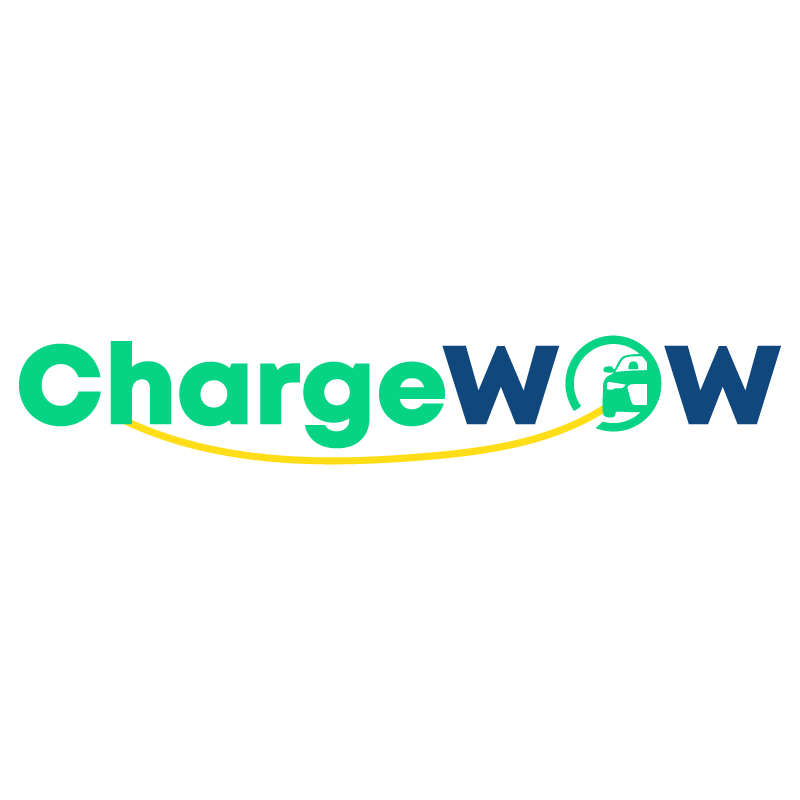Are you considering installing an electric vehicle charging station in your home or business? If so, this quick start guide will provide you with all the information you need to get started. We'll walk you through the entire installation process, from choosing the right equipment to wiring and testing your charger. So whether you're a seasoned pro or a complete beginner, this guide has got you covered!
Determine Your Charger Preferences
Before getting started or purchasing an EV charging station, it's essential first to understand your preferences and needs. This will help narrow down your search and simplify the installation process. To start, consider the following:
The Type Of Charger You Need
First, you'll need to decide on the type of charger you need. For example, level I chargers are slower but more affordable, while Level II chargers are faster but more expensive. If you're not sure which one is right for you, we recommend consulting with an electrician or EV specialist to determine what makes the most sense for your specific situation.
The Amperage And Voltage Rating Of Your Vehicle
Next, you'll need to know your vehicle's amperage and voltage rating. This information can be found in your vehicle's owner's manual or on the manufacturer's website. Once you have this information, you can begin shopping for a charger that meets your needs and fits your car type.
Location
Next, you'll want to determine what location you plan to have your electric charger. Would you prefer to have it in your garage or perhaps outside next to your driveway? Keep in mind that the location of your charger will need to have access to an electrical outlet, so depending on your location, you'll want to choose a spot that's close to an exterior wall or power source.
Proximity To Electric Panel
Your EV's proximity to your electrical panel will determine how many wires or extra materials you'll need to complete the installation. For example, if your charger is going to be located far away from your panel, you may need to purchase additional materials like conduit or wire extension cords.
Level Of Electricity Needed
Depending on the level of electricity you need, your installation may be more or less complex. For example, if you're only going to charge a small electric car, you won't need as much power and can get away with a lower-voltage charger. On the other hand, if you're planning to charge a large SUV or truck or need a faster charge time, you'll need a higher-voltage charger.
Services Needed
Is it essential to have Wi-Fi connectivity with your EV charger? Do you need a timer so that you can schedule when your charger turns on and off? Consider what features and services are essential to you before making a purchase. Many EV chargers have additional features that can be helpful, but they may come at an additional cost.
Price Of The Charger
Of course, the cost is always a factor to consider when undertaking any home improvement project. Electric vehicle chargers range in price from around $500 to $2000, so it's essential to research and find a unit that fits your needs and budget. However, it's important to remember that you want to choose a quality charger that will be durable and last for many years to come.
Quality Of Charger Needed
Last but not least, you'll want to consider the quality of the charger. There are many different brands and types of EV chargers on the market, so it's essential to do your research and read reviews before purchasing. You want to ensure that you're getting a quality product that will last for years to come. If you're going to skip this step, you can head over to ChargeWow to browse through our top-rated electric vehicle chargers.
Purchase The EV Charger
Once you've considered all of the steps above, it's time to purchase your EV charger. Make sure to buy from a reputable dealer, and be sure to read the reviews before making your purchase. If you have any questions, our team at Zev Society and ChargeWow are always happy to help you find the right fit.
Determine If You'll Hire A Professional Or Do It Yourself
Before jumping into the actual installation, you'll first need to determine if you'll hire a professional or do it yourself. We recommend that you should always hire a professional to help with the installation, even if it doesn’t require any additional electrical work or wiring. Plus, you’ll want to ensure you’re using a professional who is familiar with local codes and regulations. This will ensure that it's done correctly and safely.
Choose The Right Professional
If you decide to hire a professional, be sure to ask them about their experience with EV charger installation. You'll also want to make sure that they're familiar with the type of charger that you've purchased. Typically, the company you are buying your charger from can help to provide an installation quote to help get your electric vehicle charger up and running fast! For example, at Zev Society, you can fill out an installation request along with the dates and times that work for you to receive an installation quote. Once you choose to have the installation with our company, we’ll get to work.
How The Installation Process Works
When you choose a professional to install your electric vehicle charger, the first thing they’ll do is set-up a time and date for your installation. They’ll need to collect various tools and materials to get started with the installation process, including:
- Screwdriver
- Wrench
- Electrical Tape
- Stud Sensor
- Alien Key
- Wire Nut
- Stripper
Next, they’ll start the installation of your device. First, the installation team will need to ensure that the power supply is connected to a breaker that is 125% of the device's continuous load. The position of the EV charger should make it easy to connect with your vehicle to start the charge, be above the ground or floor, and be within range of your Wi-Fi network if it connects with your smartphone.
Once the location is determined, the team turn off your breaker to ensure no power is being transmitted while connecting the charger. Then, they’ll use a stud sensor to find the appropriate location and screw it to the wall if necessary. From there, your installation team will be able to hang the charger onto the wall and connect the charger. Once it's completed and is up to the electrical code of your area, they’ll turn the circuit breaker back on.
Finally, it's time to test out your new EV charger! Once everything is plugged in, and the circuit breaker is turned back on, you should be able to charge your electric vehicle without any problems. If you run into any issues or have questions, don't hesitate to reach out to our team of experts at Zev Society. We're always here to help!
FAQ About EV Charger Installation
Can I Install An EV Charger Myself?
It depends on the complexity of the installation. If it's a simple installation that doesn't require any additional electrical work or wiring, you should be able to do the installation yourself. However, if the job is a bit more complicated, you'll need to talk with a professional electrician to ensure it's done correctly and safely.
How Do I Know If My Location Is Suitable For An EV Charger?
Your EV charger should make it easy to connect with your vehicle to start the charge, be above the ground or floor, and be within range of your Wi-Fi network if it connects with your smartphone. You'll also want to make sure that the power supply is connected to a breaker that is 125% of the device's continuous load.
Does Installing EV Chargers Increase Home Value?
As electric vehicles increase in value each year, installing an EV charger in your home can make it more attractive to potential buyers. Not only will they be able to charge their vehicles at home, but they'll also save money on gas and maintenance costs!
Can I Install A Level 3 Charger At Home?
Due to the high power levels and costs, installing a Level III charger at home is not recommended. These types of chargers are typically found in public places like shopping malls, parking garages, and workplaces.
How Long Does It Take To Install EV Charger?
The installation process can take anywhere from a few hours to a full day, depending on the job's complexity. However, the average turnaround time is around 2 hours. So if you're doing it yourself, it's always best to give yourself plenty of time to ensure that everything is done correctly.
Conclusion
When it comes to electric vehicles, there's a lot to consider. From the initial purchase to the ongoing maintenance and charging, it's essential to do your research to ensure that you're making the best decisions for your needs. However, once you have everything set up, you can enjoy all the benefits that come with owning an electric vehicle!


